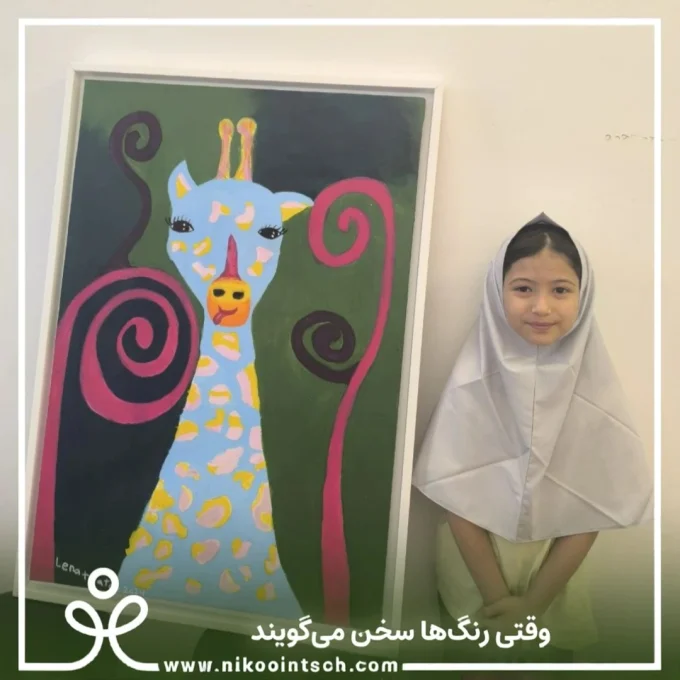Scattered and Specific Notes on Life, Family, Education, and Other Things
Written by Mr. Ebrahim Aslani
Educational Psychologist
“Why” or “How”?
I was reading a text on social media that mentioned how great individuals always ask “how” instead of “why.” The emphasized point was that when a question begins with why, the brain searches through past experiences. However, when the question changes to how, the focus shifts to practical solutions for overcoming the problem.
Let’s think more carefully about these two interrogative words. We need both, but in different forms and degrees.
“Why” is not a constant question in life; it’s not something we should ask ourselves every day. The crucial point here is that if “why” becomes a continuous question in life, it means we are still confused and haven’t clarified our stance on life and ourselves. On the contrary, “how” needs to be a constant question to enable us to change, stay active, and take action.
“Why” seeks the meaning and logic of life, or what we call “the philosophy of life.” “How” seeks the methods and practical patterns of life, or what we call “the lifestyle.” It is entirely understandable how “why” and “how” are interconnected, and traces of how can be found in why.
“Why” is the fundamental question of life. This question should be asked of oneself and occasionally repeated and remembered. “Why” becomes very useful in those moments in life when we are stuck, when things get tough, and our spirits are low. You know that “why” is the fundamental question in Viktor Frankl’s Logotherapy. In his book “Man’s Search for Meaning,” Frankl leads the individual to interpret their existence by finding the reason behind the why. He asks those who have grown tired of life or are on the verge of suicide, “Why do you continue to live?” and by answering this question, he helps them to rediscover the meaning of their life.
"Why" gives life depth and meaning, but it is "how" that brings movement and dynamism to it; both questions are essential together to gain a better understanding of life and to manage it actively and effectively.
MR. Ebrahim Aslani

“How” is the dynamic and operational question of life. Life cannot be managed solely by “why.” In his book, Frankl quotes Nietzsche: “He who has a why to live can bear almost any how.” However, this may not be sufficient for life. While the quality of “how” might be somewhat related to “why,” it does not guarantee a dynamic, active, and lively continuation of life.
Why (the philosophy of life) forms the basis of how (the lifestyle), but “how” must not be a stagnant and ineffective question. If we have a reason for life but are not satisfied with it, lack enthusiasm, and do not act seriously, it means our “how” is flawed and not functioning well! Perhaps we have not utilized “how” enough, and our experiences are neither sufficient nor beneficial. Another possibility to consider is that our “why” is not truly strong and is faltering. Sometimes it might be necessary to reverse the approach; what does that mean? If we take “how” seriously and achieve positive and successful experiences through the results of “how,” it might also stir up the “why,” leading us to reconsider it.
In life, we should seek the “why” but also keep the path of “how” open. “Why” should not turn into a swamp where we get stuck and sink deeper the more we struggle. “How” can rescue us from this swamp, from stagnation and passivity.
🔔 It is recommended to follow the second part of the article “What Does Happiness Mean?” by the same author.












